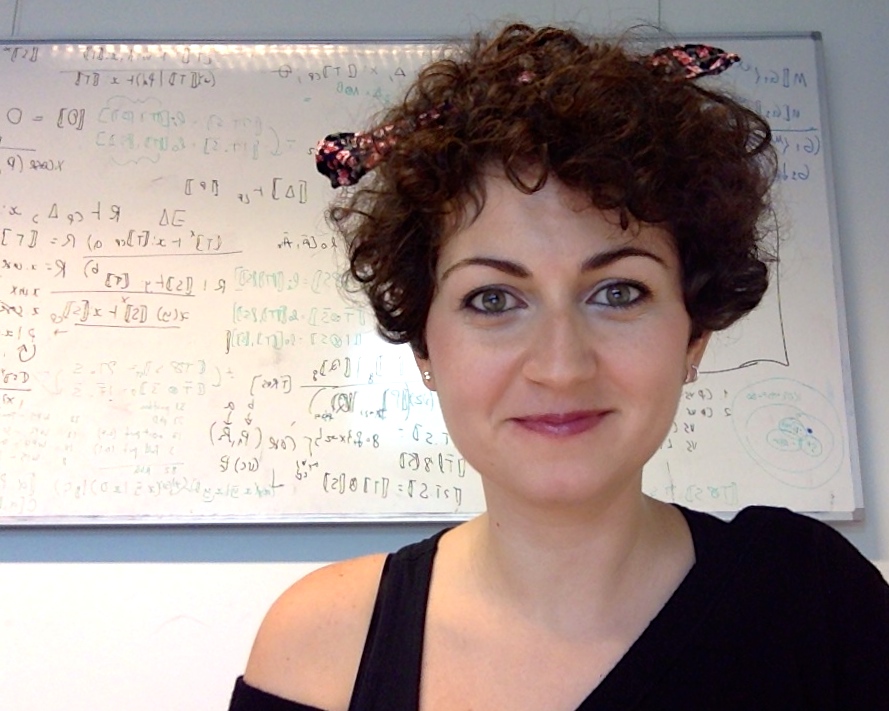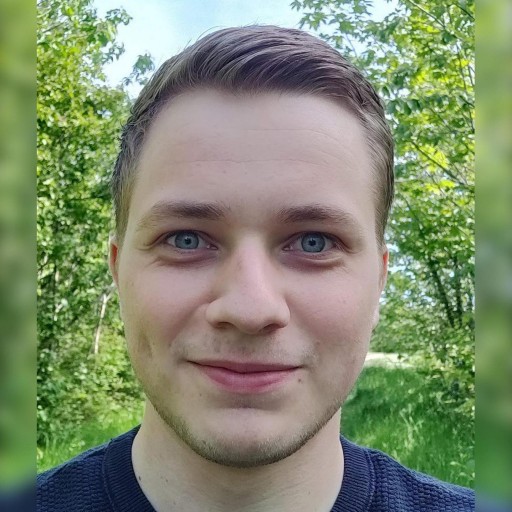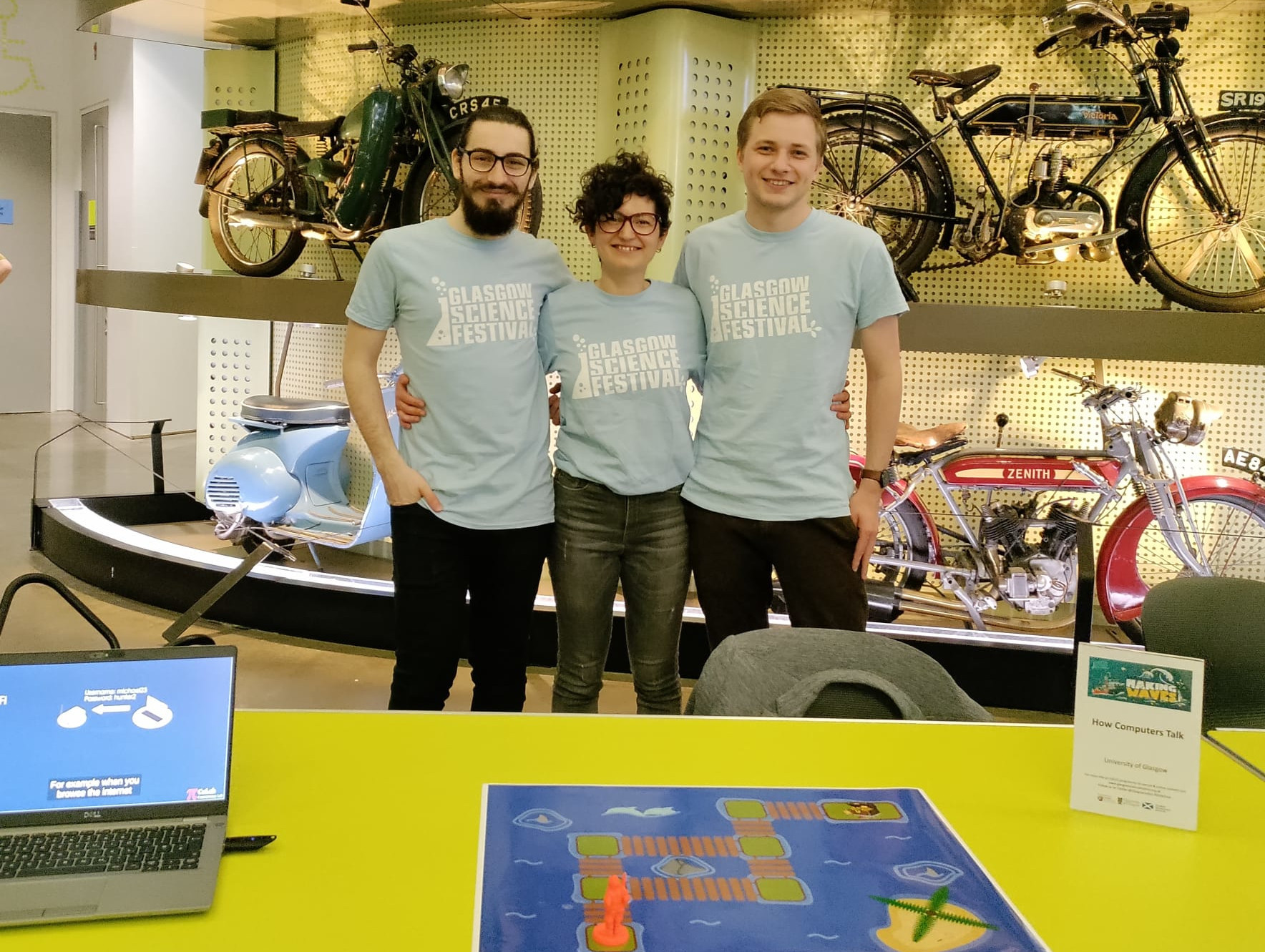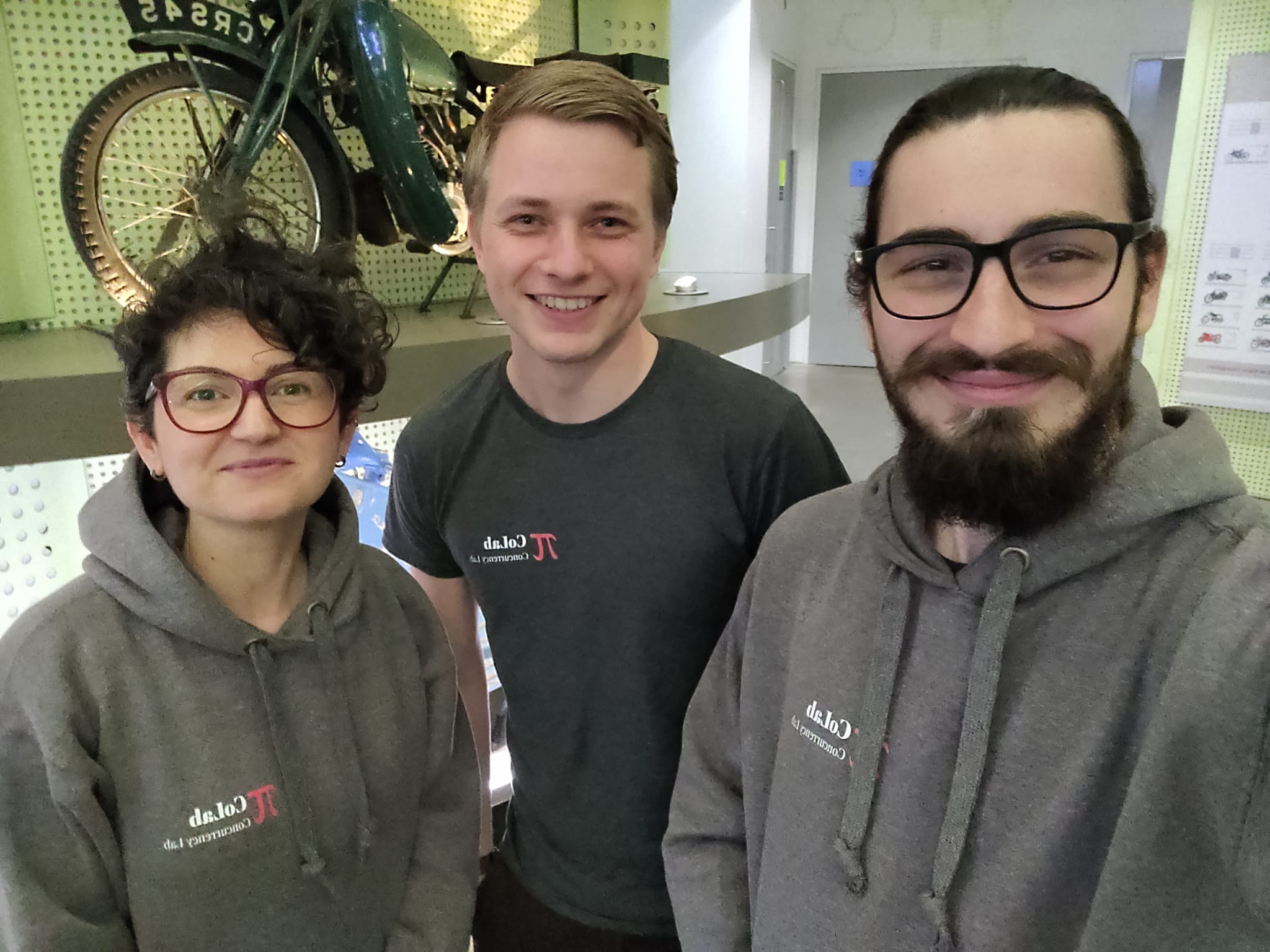


I am a Senior Lecturer (Associate Professor) in the School of Computing Science at the University of Glasgow. Within the School, I am the Theme Lead of Programming Languages and a member of Formal Analysis, Theory and Algorithms (FATA). I am Glasgow Site Leader of the European RISE Action Behavioural Application Program Interfaces (BehAPI) and previously I was a Co-I and a Postdoctoral Researcher of the UK EPSRC programme grant From Data Types to Session Types: A Basis for Concurrency and Distribution (ABCD). My research interests are in programming languages, concurrency, logic and verification. My goal is to design and develop rigorous formal models and software tools for communication-safe, adaptable and resilient concurrent and distributed systems.
I started my PhD with the School of Computing Science at the University of Glasgow in January 2022, under the supervision of Dr Ornela Dardha and Dr Simon Fowler. I have previously completed a BSc and MSc in Computing Science at the University of Malta, where I focused on distributed computing, fault-tolerance, and consensus. My research has now shifted to session types for distributed computing protocols, with a specific focus on consensus algorithms.


I completed my MSc in Computing Science, at the University of Glasgow in 2022. During my MSc, I started developing the Coconut tool with Dr Ornela Dardha, which is a typestate-based library for C++ language that allows to define and enforce protocols for C++ objects. I started my PhD in October 2022 under the supervision of Dr Ornela Dardha. I will be working to investigate approaches, both theoretically and practically, to create sound, effective and scalable interoperable typestate-based tools.

Now in industry

Now in industry

MSci graduate / Now in industry
| Award Title | Awarded To | Awarded By |
|---|---|---|
| Science, She Says! Award | Ornela Dardha | Italian Ministry of Foreign Affairs and International Cooperation (2023) |
| PPDP 10 Year Most Influential Paper Award | Ornela Dardha | ACM's PPDP Steering Committee (2022) |
| MSci Class Prize 2021-22 for the most outstanding single honours student in Computing Science | Luke Gall | School of Computing Science (2022) |
| Best Italian PhD Thesis in Theoretical Computer Science 2015 | Ornela Dardha | Italian Chapter of EATCS (2015) |
CoLab had the privilege of hosting a booth titled "How Computers Talk" at the annual Glasgow Science Festival held at the Riverside Museum. Our aim was to introduce young children to the fascinating world of communication protocols through two exciting games: a treasure hunt tabletop game and a motorbike assembly game. Working collaboratively, young children eagerly devised protocols to assist our adventurous pirate in reaching the treasure. Along the way, they gained valuable insights into the concept of sequence charts and even had the opportunity to construct a motorbike using message sequences. Participating in the Glasgow Science Festival and being able to inspire and ignite young children’s curiosity in the field of computing science was a wonderful experience.
Twice during the annual Glasgow Science Festival, CoLab hosted a stand at the Riverside Museum, introducing the concept of communication protocols through a treasure hunt tabletop game. The primary audience was young children, and while the chocolatey prize helped to grab their attention, it was great to see them engage and have fun while working together to devise a protocol that would help our pirate reach the treasure. It was a rewarding experience to have the chance to inspire young people to pursue computing science.

